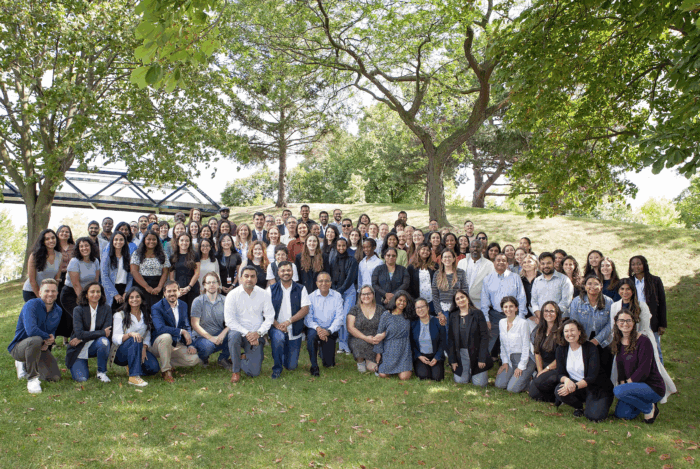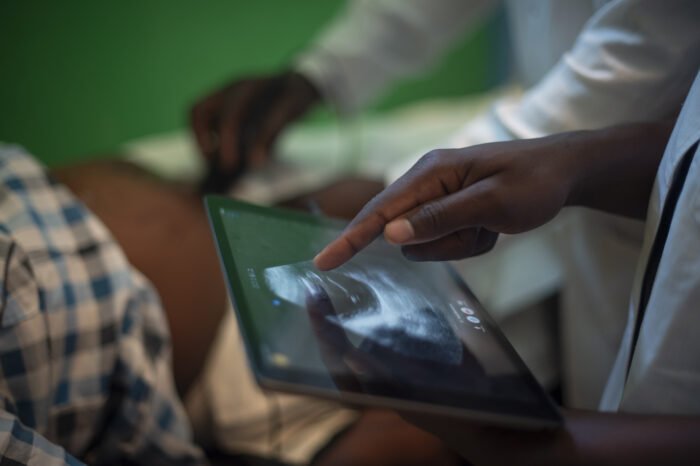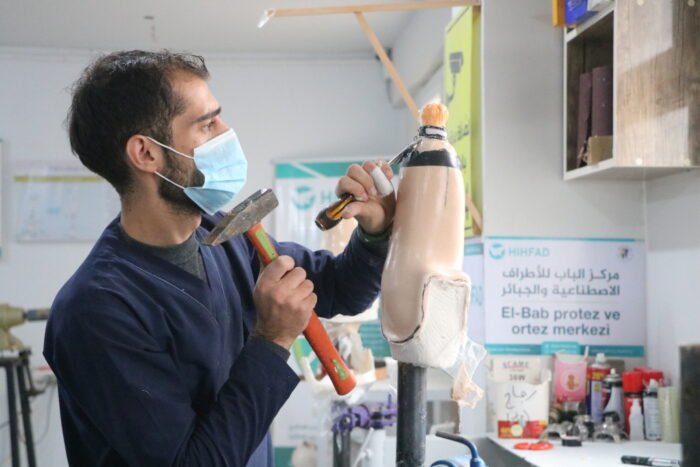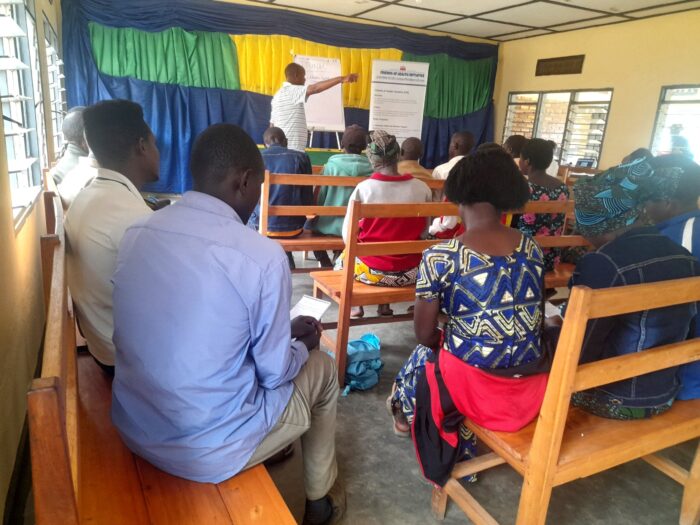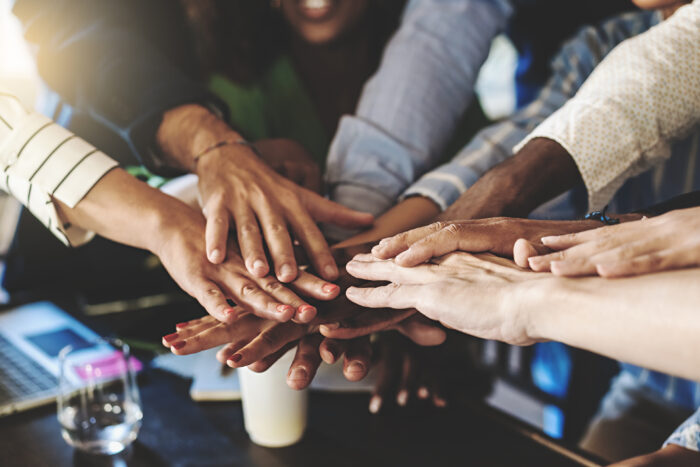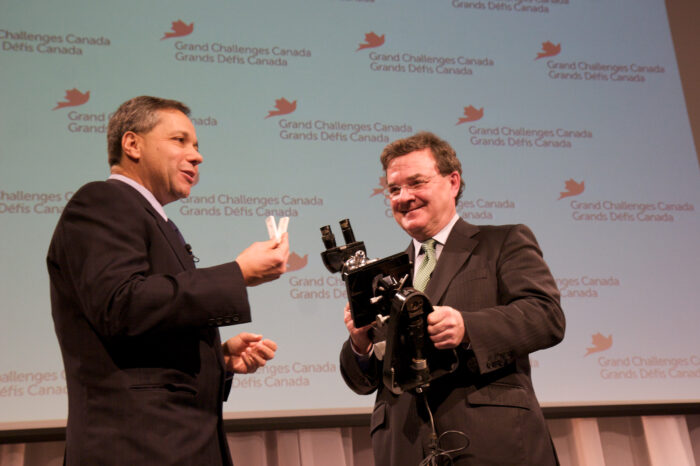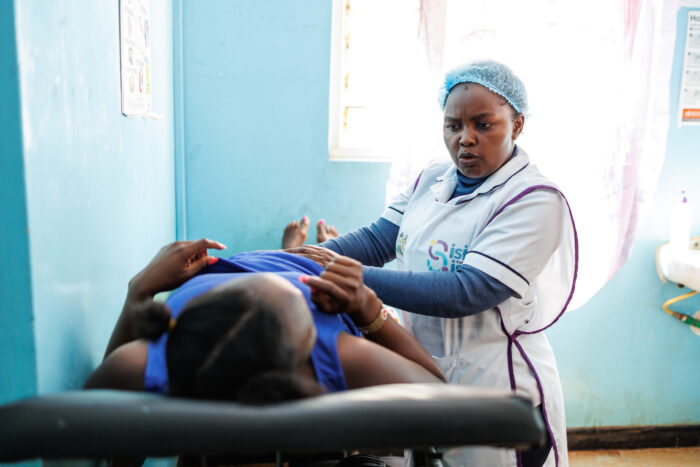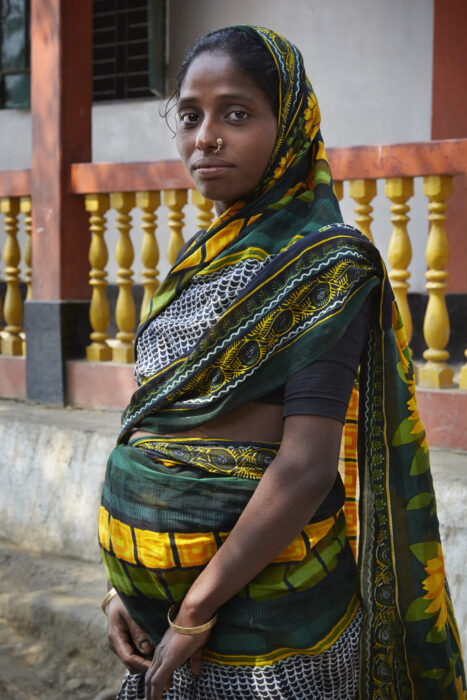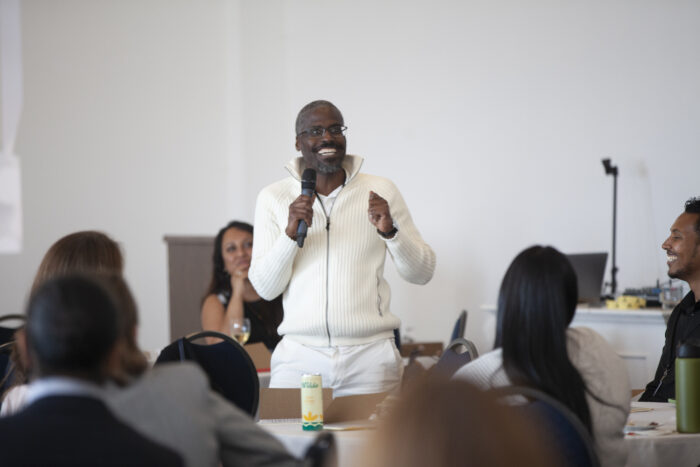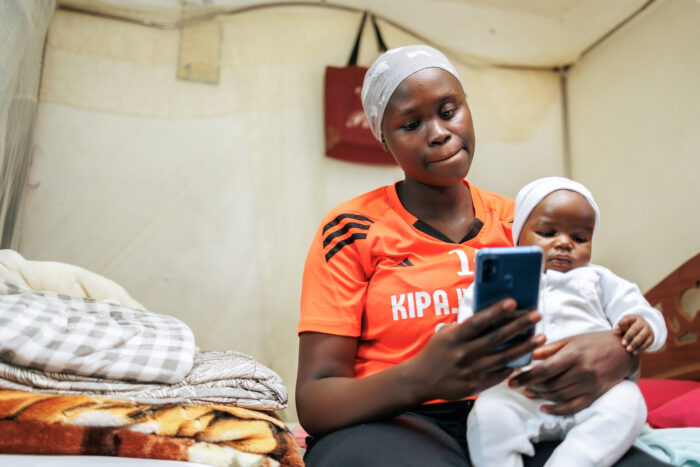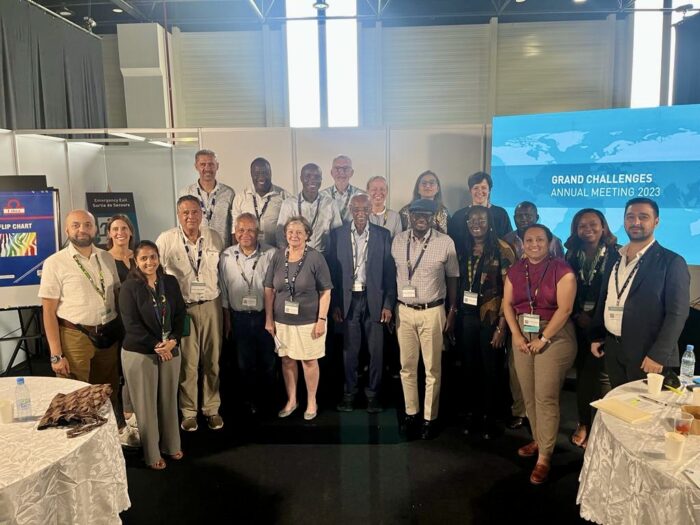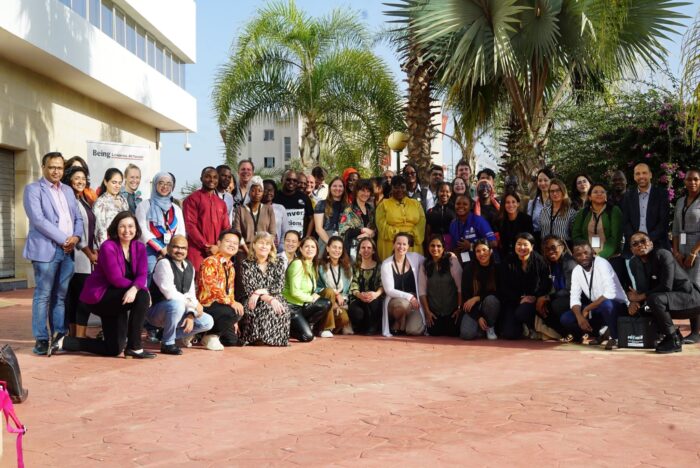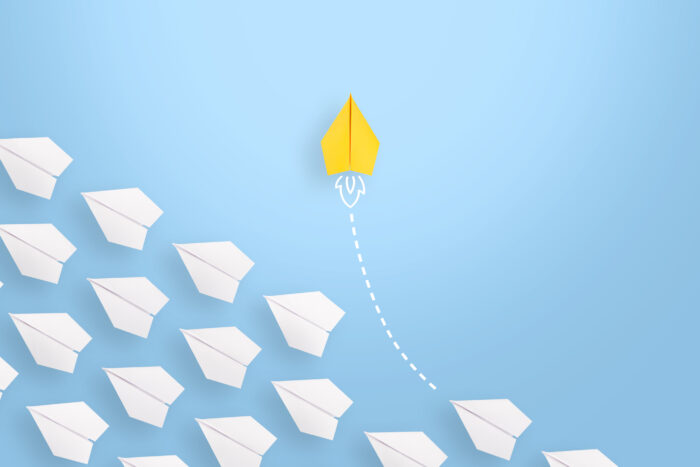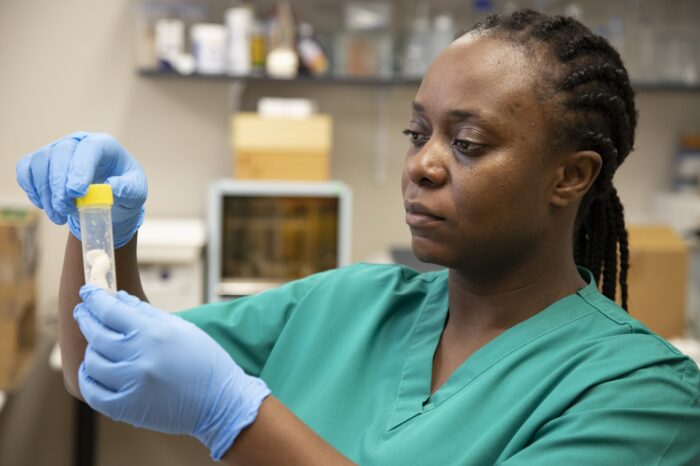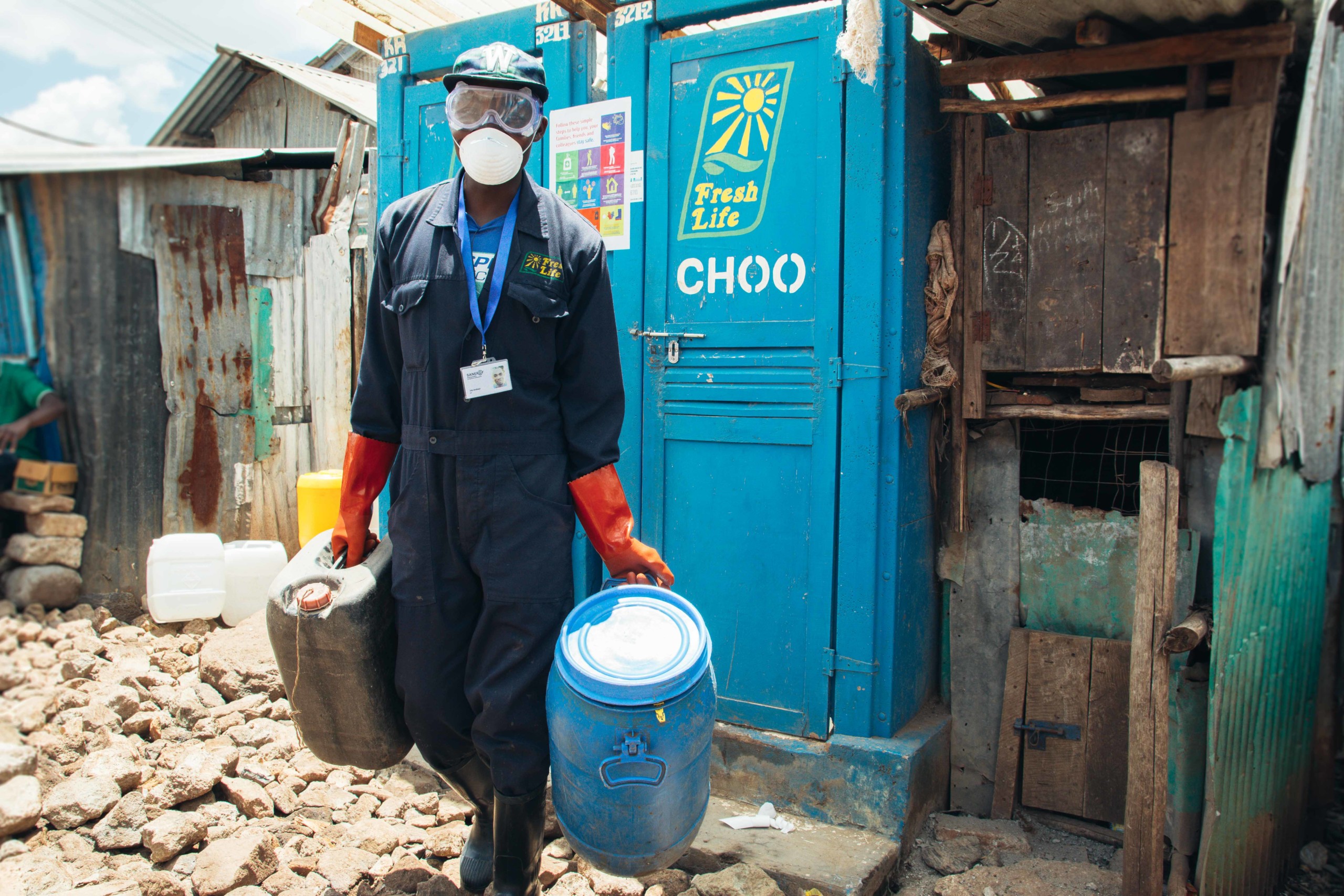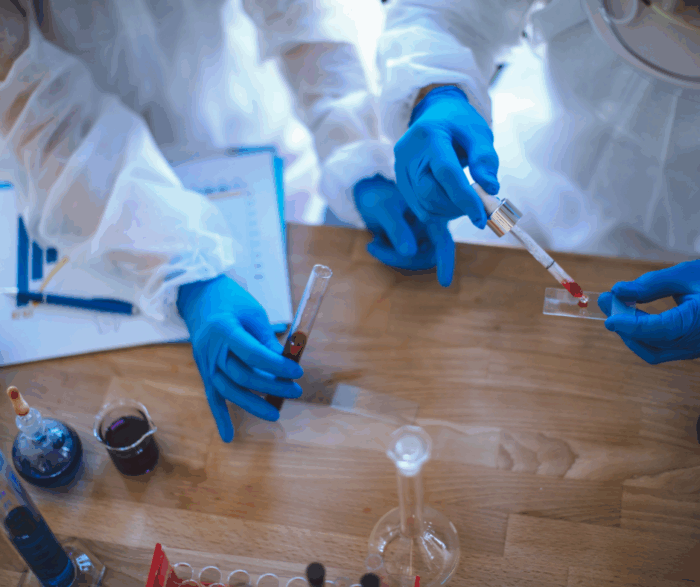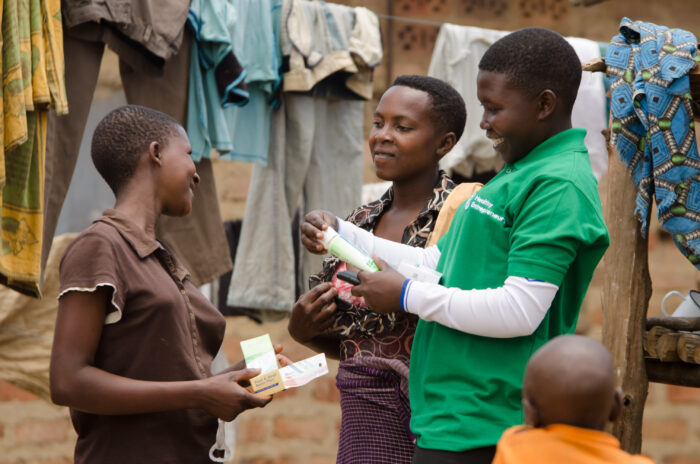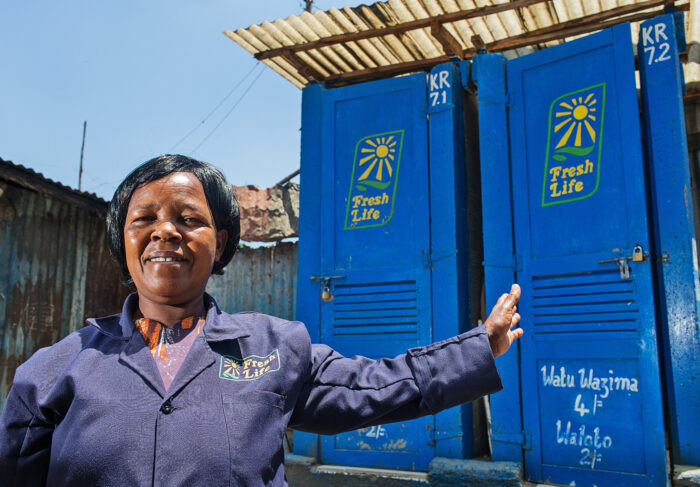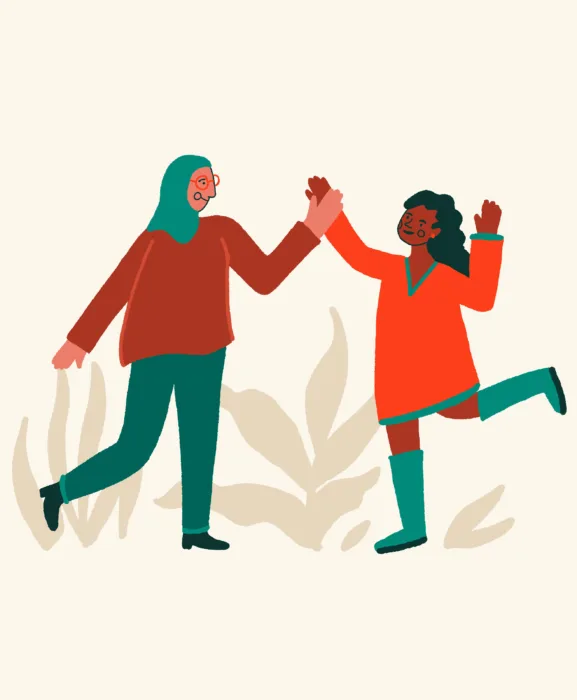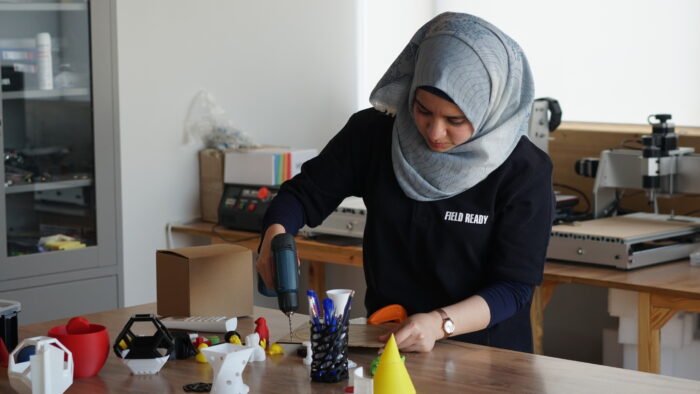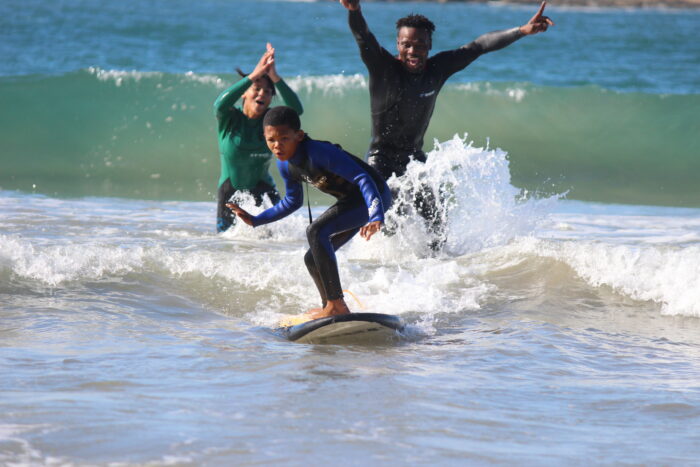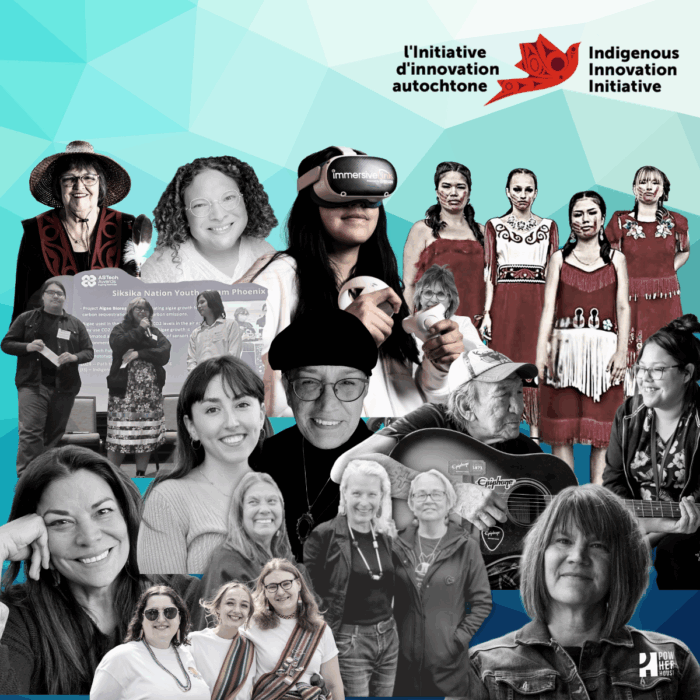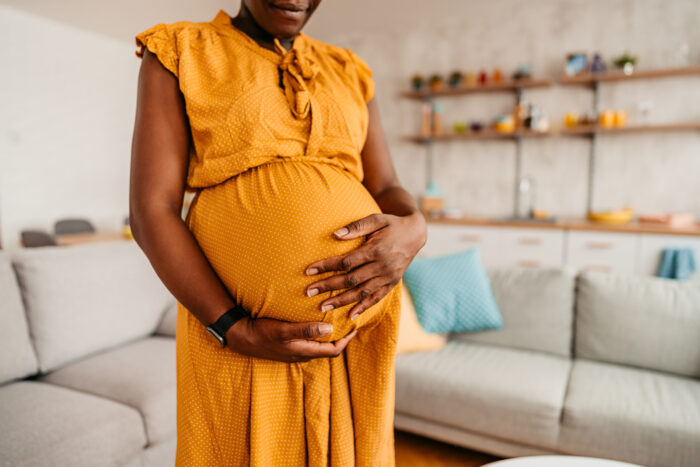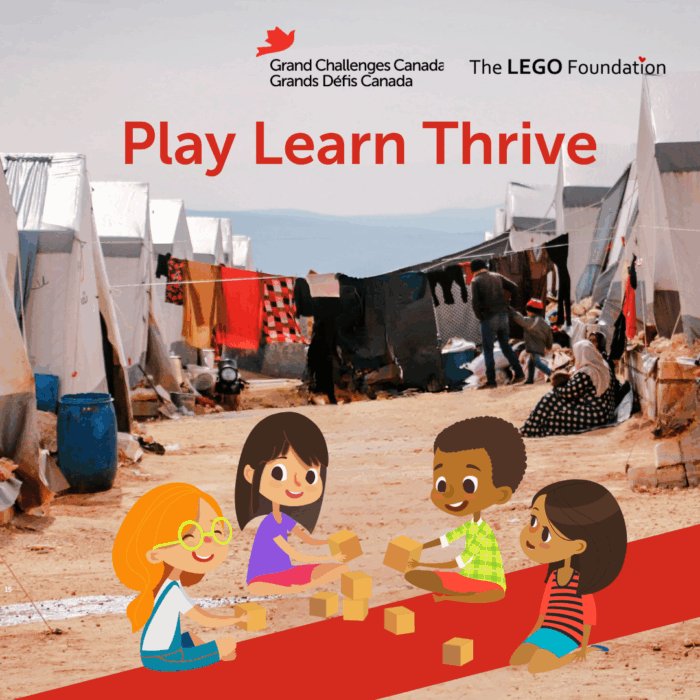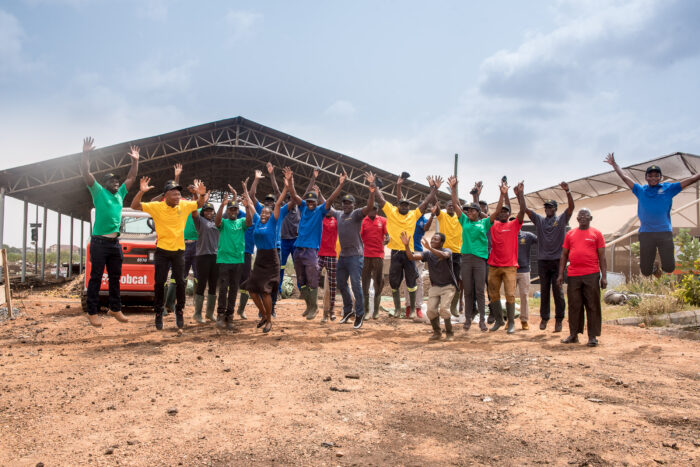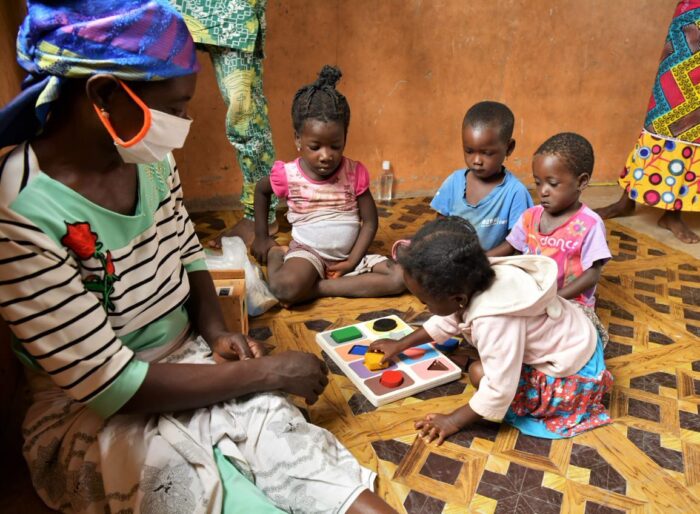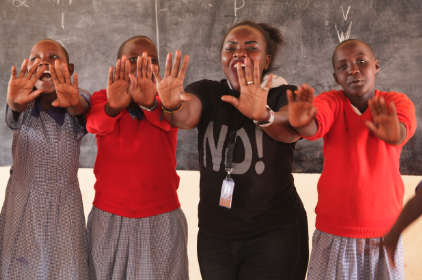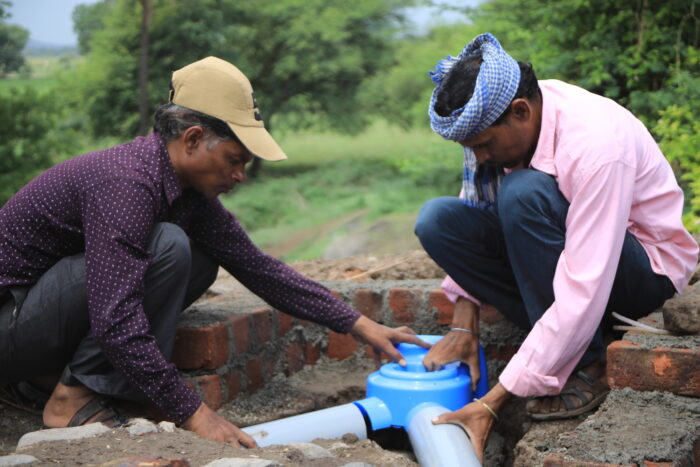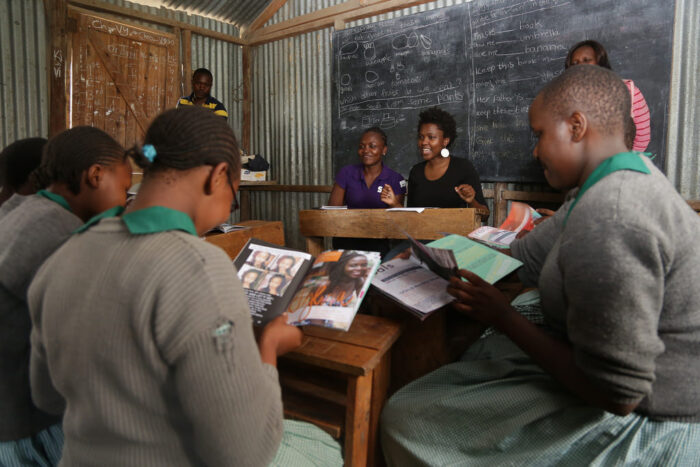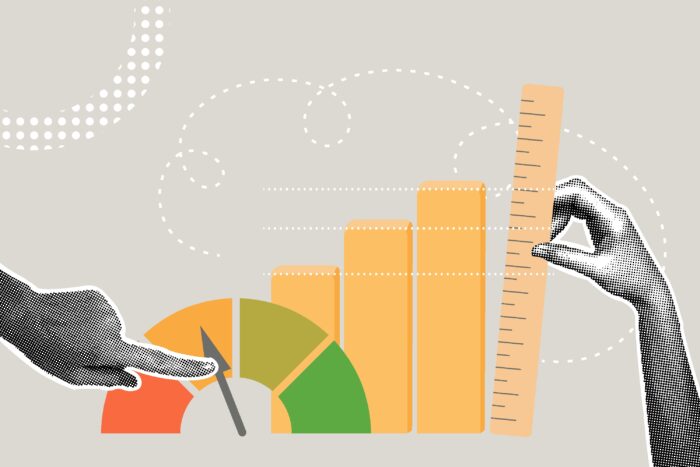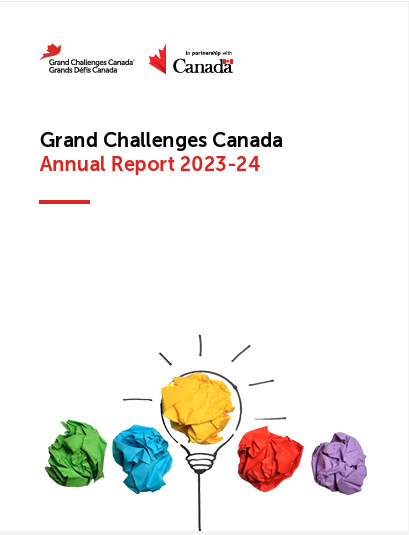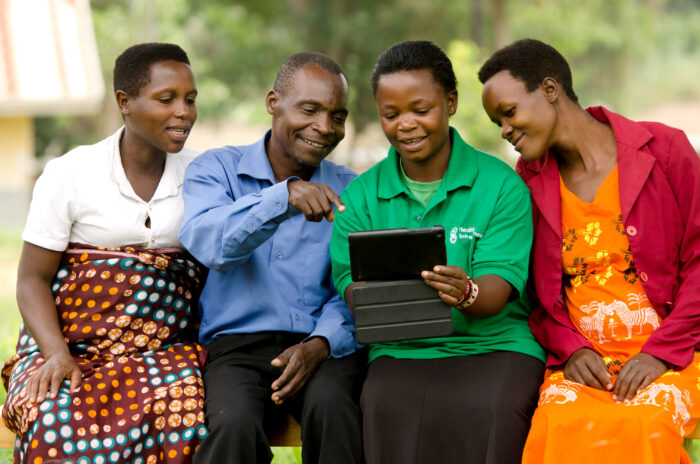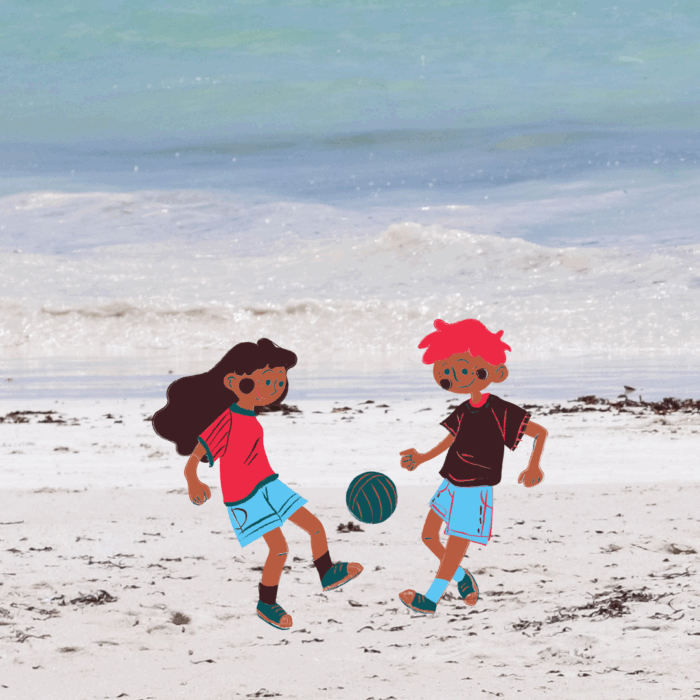By: Drew-Anne Glennie, 2021 Summer Fellow
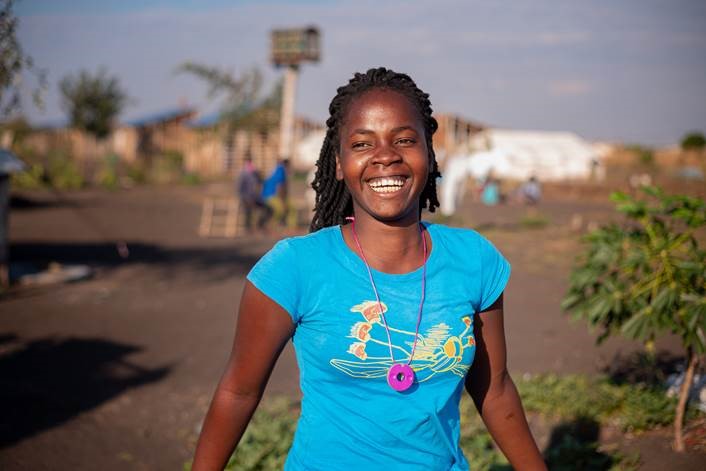
Women, girls and gender-diverse individuals have faced disproportionate impacts of the COVID-19 pandemic. Economic and social stresses in conjunction with social isolation and movement restrictions have led to a surge in gender-based violence (GBV), further exacerbated by overworked health and justice systems. A UNFPA (United Nations Population Fund) study predicted 15 million additional cases of GBV were expected every three months lockdowns continued. School closures and disruptions—impacting 1.6 billion youth worldwide—have obstructed access to comprehensive sexuality education, while factors such as economic insecurity and immobility have blocked girls from accessing critical SRHR (sexual and reproductive health and rights) information, services and supplies.
Not only that, but COVID-19 measures including lockdowns and school closures have interfered with the delivery of many existing health innovations, including those in Grand Challenge Canada’s (GCC) Sexual and Reproductive Health portfolio. As doors closed around them, however, many GCC-funded innovators adapted by leveraging digital technology to continue addressing SRHR challenges, pivoting their programs and learning lessons that will far outlast the COVID-19 pandemic.
Be Girl is an innovative menstrual health company with a line of sustainable, high-quality menstrual products, including the flagship PeriodPanty™ product (2-in-1 underwear and reliable period protection). In conjunction with Be Girl’s SmartCycle® – a wearable menstrual tracker providing the wearer with knowledge and agency over their periods – the organization delivers 1-hour interactive, age-appropriate menstrual health workshops for adolescent girls and boys. In response to COVID-19 travel restrictions, the Be Girl team adapted their SmartCycle® menstrual education train-the-trainer program to a virtual format. They piloted the first virtual train-the-trainer program with UNFPA Angola staff, training 27 trainers that then educated 2000 girls and boys. This adapted training model, which will continue after the pandemic, also taught the Be Girl team lessons to improve their in-person model going forward. “Some of the strategies that they used for more engaging virtual learning would work well during in-person trainings as well,” explained Be Girl’s Chief Operating Officer, Audrey Anderson Duckett. “In particular, decreasing the number of hours of active training and allowing for targeted time for users to engage with the curriculum and materials produced greater learning outcomes among participants.”
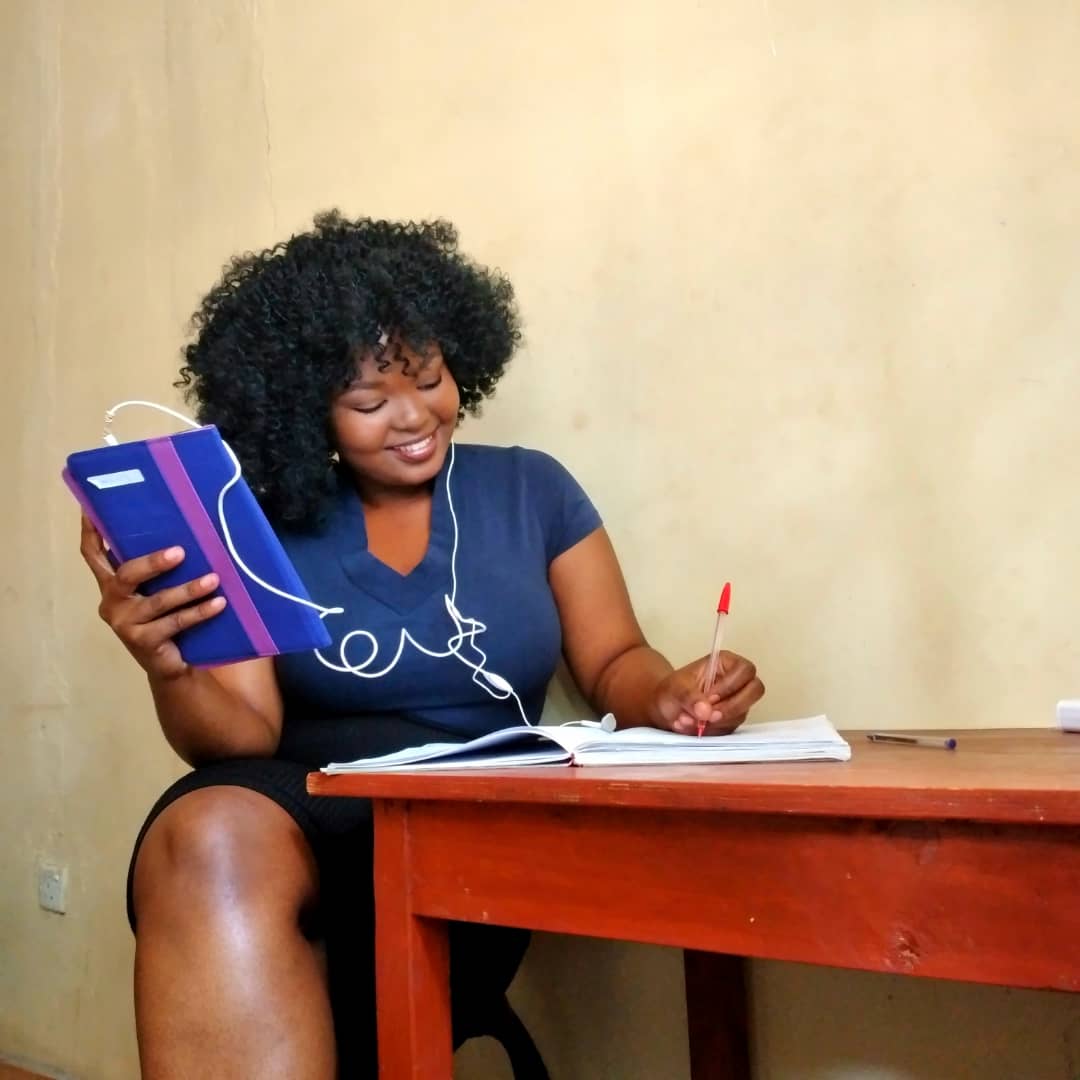
In Botswana, Young 1ove provides adolescents with a 1-hour youth-led risk-reduction program known as “Zones.” The program focuses on the relative risks associated with dating older male partners, encouraging girls to choose to date peers instead, where the risk of pregnancy, HIV and other sexually transmitted infections is dramatically lower. In the context of school closures during the pandemic, Young 1ove received a COVID-19 supplement from GCC to digitize components of their school-based risk reduction initiative, providing adolescents direct phone and/or text communication. Drawing on lessons learned from the Ebola epidemic in Sierra Leone, the Young 1ove team built on their original “anti-sugar daddy” program to launch a suite of remote services, creating a virtual safe space to minimize the fallout of the pandemic on adolescent SRHR, GBV and mental health outcomes. In some cases, students directly reported experiencing GBV at home. Young 1ove’s woman mentors were able to support students and their Guidance and Counselling teachers to take actionable steps to ensure that the child is protected and received the psychosocial support needed.
“We are seeing promising results with our digital response and with the additional benefits of this mode of delivery being scalable and cost-effective,” said Efua Bortsie, a program manager at Young 1ove. “We will be exploring the possibility of maximizing our existing infrastructure to complement our in-school implementation.” Read more about Young 1ove’s response to COVID-19 here.
FightBack Nepal is a sexual- and gender-based violence prevention program taught primarily in rural schools. FightBack’s program includes teaching self-defense and soft skills training intended to empower adolescent girls physically, vocally, and mentally, while providing training for adolescent boys, parents and teachers to address discriminatory cultural norms. Amidst school closures during the pandemic, the FightBack team tested delivering their program over video conferencing software to over 500 adolesents. This experience showed them how to best deliver their curriculum online, as well as that they could reach more students and enter new markets outside Nepal. “For us, the future is in the e-Learning platform,” stated Founding Director Vikrant Raj Pandey. This platform is currently under development, and will include educational and self-defense videos, quizzes and personality tests, bookable classes, and personal support.
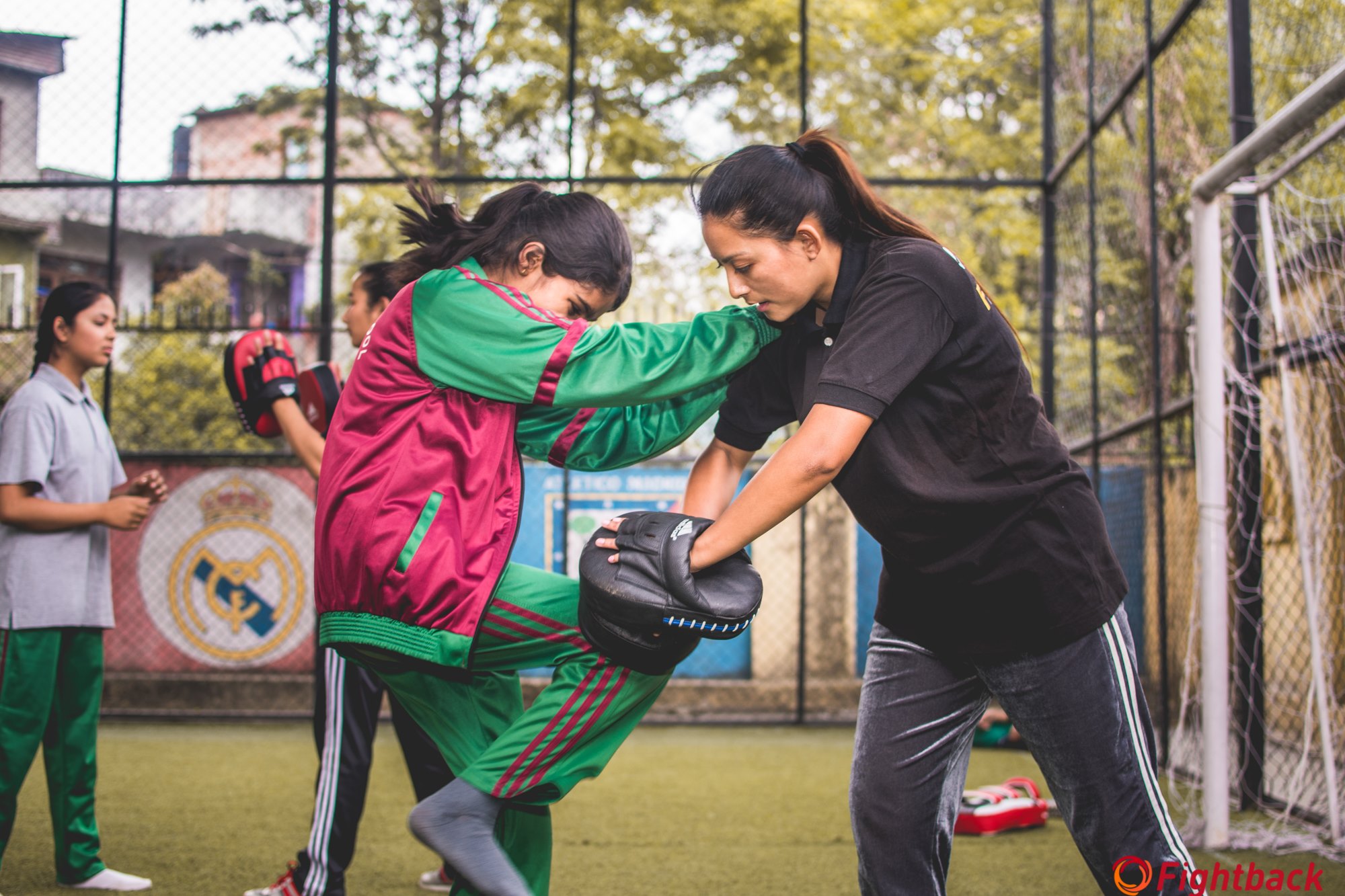
FightBack also began posting self-defense tips on the popular video-sharing platform TikTok during the pandemic. Since their first post on June 9th 2020, they have gained over 138,000 followers and accumulated 1.8 million likes across their videos. “If we have the right, high quality interactive videos, I think it is a very good tool to impart this [violence prevention] education,” Pandey stated.
The equality effect (e2) runs the 160 Girls Project in Kenya with the goal of reducing impunity towards sexual violence against children, as Kenya’s 160 Girls High Court Decision that found that police failing to enforce existing rape laws had “created a climate of impunity for defilement.” This involves training police to effectively enforce the laws, but also ensuring that the public is legally educated on girls’ rights and police duties when it comes to rape. In the pilot phase, local educational facilitators were trained to diffuse knowledge to members of their community at events and panels, but amid COVID-19 closures e2 received a supplement from GCC to digitize their human rights law curriculum, fast-tracking their existing scaling plans at this critical juncture.
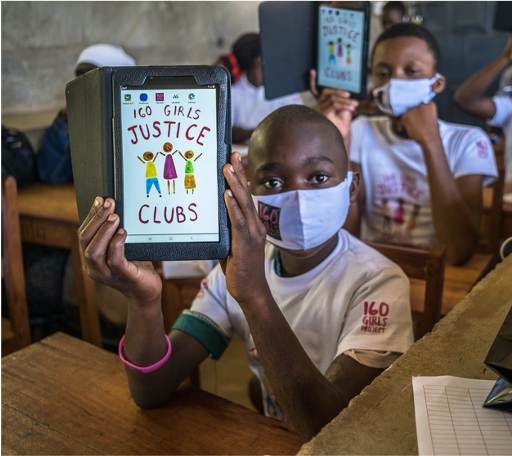
“In addition to having supportive funders,” wrote Fiona Sampson, e2’s CEO. “The collaboration involved in digitizing The equality effect’s conventional, in-person 160 Girls Justice Clubs included working with an international and interdisciplinary team of human rights lawyers, law student interns, social workers, educators, IT specialists, artists, measurement experts, and others.” Sampson emphasized the value of diversity in such a team in designing original and unique interventions. They also worked with local police to deliver a bi-weekly newspaper, not only providing critical knowledge on GBV, but also preventing children who are potentially at-risk from being completely isolated.
“If it weren’t for the [Virtual Justice Club],” stated a teacher of the program and Club Patron. “My school would have become a maternity ward during the pandemic.”
